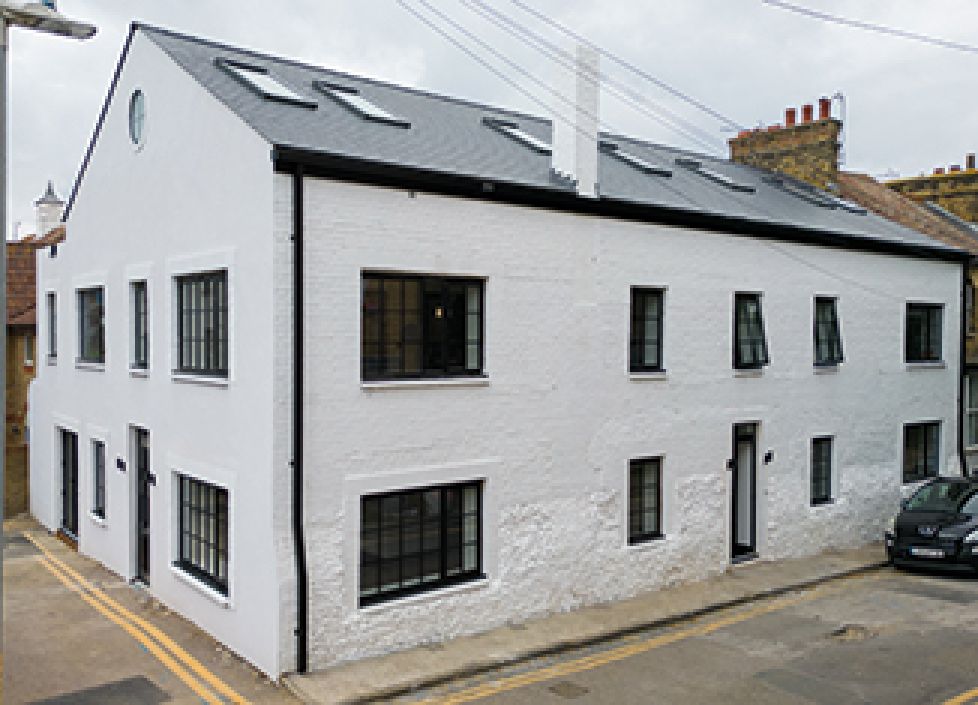From the 30 May 2013 planning permission will not be required to change the use of an office building to a dwelling. However, as always the devil is in the detail, and there are a few gremlins that could trip up the entrepreneurial investor-developer.
Take note of the following:
- The change applies in England only and does not cover property in Wales, Scotland and Northern Ireland.
- The new Permitted Development Right relates only to changes of use between use class B1(a) office and C3 dwelling. This does NOT include properties used for B1(b) research and development, B1(c) light industry, B8 storage and distribution or A2 professional and financial services (banks etc), doctors surgeries etc.
- The change permitted is to houses and flats for families/related people within use class C3, NOT C4 HMO or C1 hotels and hostels and C2 residential institutions (care homes etc).
- The new Planning Development (PD) right will last initially for three years (until 30 May 2016) and will be reviewed. Confirmed changes of use within that period will be permanent.
- There is to be a 'tightly drawn' system of 'prior approval' as with PD rights for agriculture, where the planning department must be notified of the proposed changes and agree that they do not need planning permission. We have no details on this yet beyond an indication that impact on such matters as highway safety and parking could require you to apply for planning permission anyway.
- The PD right extends to change of use only - any extensions, alterations to the building that materially alter its appearance e.g. cladding etc., will need a full planning application and this could then give the council an opportunity to resist your proposal.
- Further controls on the development affecting the setting, exterior and interior of a listed building and development within a conservation area remain and could provide further opportunity for councils to resist your proposals.
- If no external alterations are required, the only control on the standard of accommodation provided may well be through building regulations (except listed buildings).
- Councils have had the opportunity to propose distinct areas to be exempted from this new PD right due to impact on economic development/viability. These will be agreed by Government and set for three years initially. The councils are being encouraged by Government to be a little more precise than they have been in adoption of Article 4 areas across whole city areas removing PD rights related to C4 HMOs.
- For those councils that have not agreed areas of exemption, they are able to use the Article 4 Designation to remove these PD rights. They are also able to use conditions on planning approvals for offices to remove this PD right to convert subsequently to residential.



















